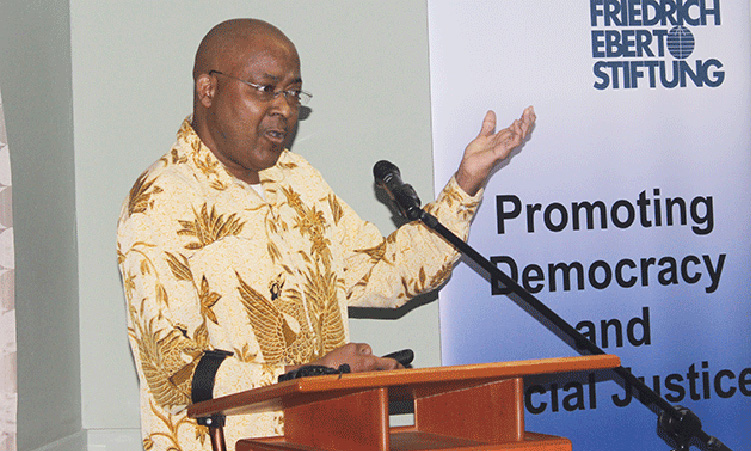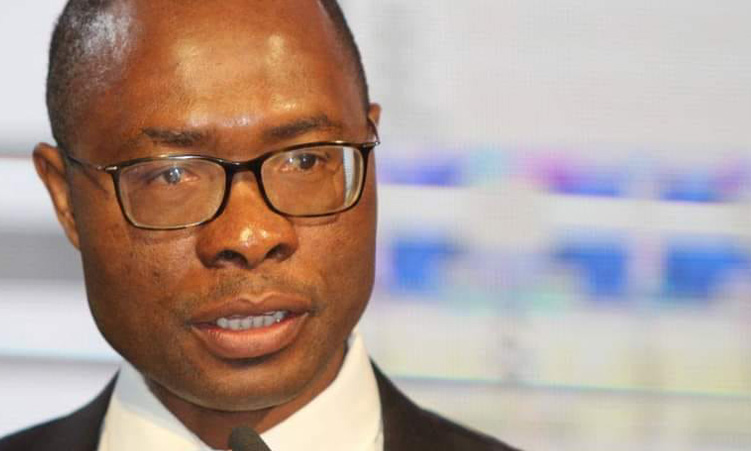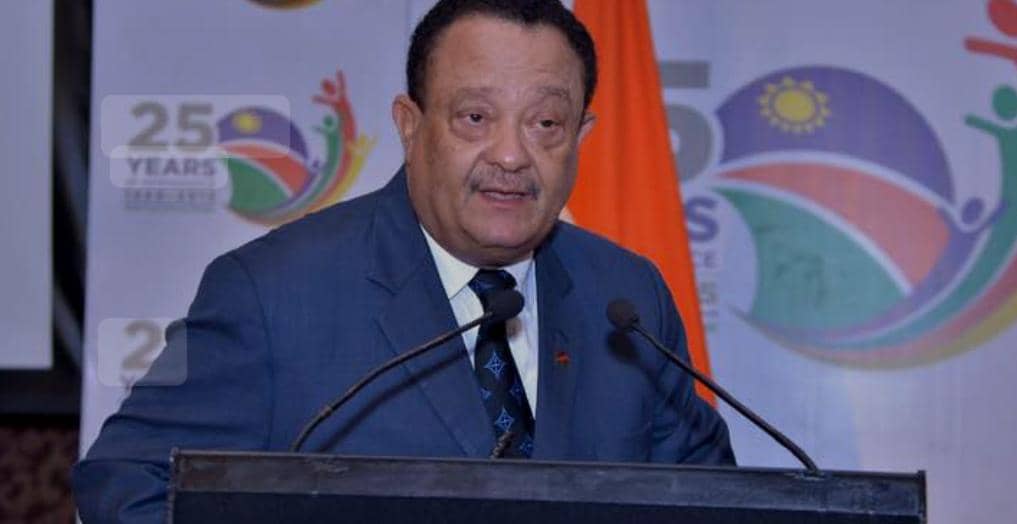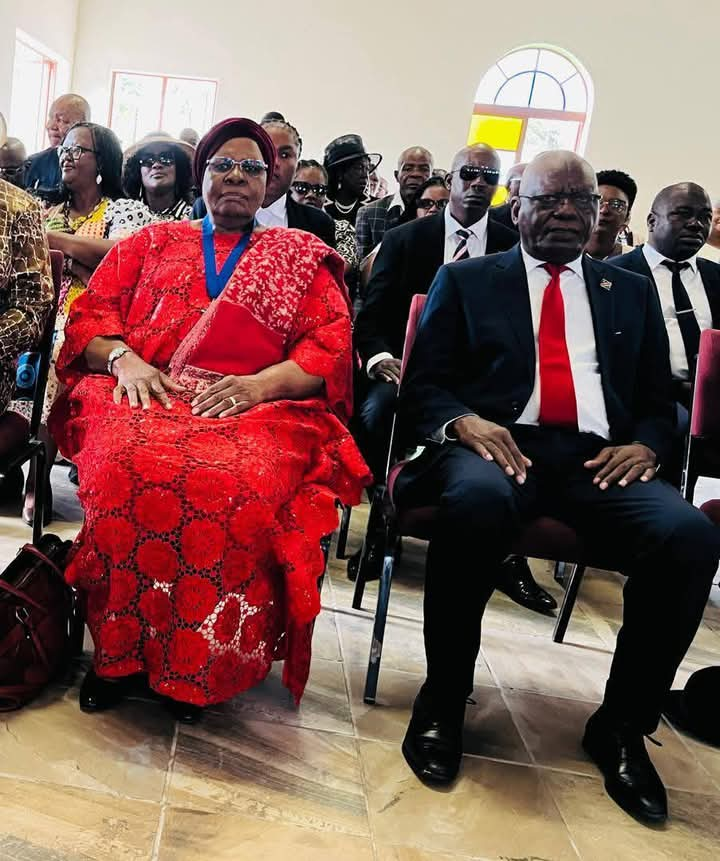The government’s plan to raise N$12,8 billion domestically to cover its budget shortfall and repay existing debts has raised concern about a potential crowding out of private sector investment.
Parliament has given its approval for the finance ministry to borrow N$15,3 billion to meet
its budgetary needs during this fiscal year.
Of this amount, N$12,8 billion is expected to be borrowed domestically through treasury bills (N$2,9 billion), fixed-rate bonds (N$8,8 billion) and inflation-linked bonds (N$1,1 billion).
The remaining N$2,4 billion will be sourced from external lenders such as the African Development Bank (AfDB) and Germany’s Kreditanstalt für Wiederaufbau (KfW).
This is indicated in the finance ministry’s borrowing strategy that was released last week.
“In order to attract domestic borrowing, the government might raise interest rates on bonds, which could crowd out private investment and slow economic growth,” said Nafimane Hamukoshi of the Economic and Social Justice Trust. “This reduces economic growth and could possibly limit job creation and increase reliance on government.”
Hamukoshi said increased borrowing will lead to a substantial portion of future budgets being allocated to debt servicing, which could constrain the funds available for debt servicing and community programmes, resulting in funding shifts.
Hamukoshi noted that if cuts are made to healthcare, education and housing programmes, it would worsen access to and the quality of healthcare, leaving the population more vulnerable to diseases and health crises.
“It will degrade the quality and accessibility of education and lead to more people shifting to live in informal settlements in terms of housing,” she added.
Hamukoshi said reductions in welfare programmes could increase food insecurity and malnutrition rates.
“In terms of economic stability, we are looking at debt sustainability because Namibia risks facing a fiscal crisis that could force even more severe cuts in essential services, and the most affected as always are the poor.” She noted that if significant portions of the budget are diverted to debt repayment, there would be less available for productive investments in sectors that could drive growth and job creation.
“However, the government could mitigate negative impacts when upholding fiscal responsibility by using the funds efficiently, to exemplify prioritising projects with the highest social and economic benefits, like the universal basic income grant.”

Hamuskoshi said the government should strengthen measures to combat corruption and ensure funds are used for their intended purposes.
Meanwhile, economist Omu Kakujaha-Matundu said it’s prudent to borrow from domestic sources, eliminating foreign currency risks.
“However, there exists some risk of crowding out. That means local interest rates could go up, making borrowing expensive for the private sector. But, I don’t foresee this as a real risk given our very small private sector.”
He said as the government is the largest participant in the economy, its borrowing may not affect the overall investment climate.
“It could serve as an economic stimulus instead,” Kakujaha-Matundu said.
Independent economist Josef Sheehama said borrowing from domestic markets shows confidence and demonstrates Namibia’s sophisticated financial intermediation system.
“As a result, there is less chance of external debt crises and inflationary pressures. Nevertheless, it tends to penalise growth by crowding out private investment.”
Sheehama said due to slow growth, pressure on spending and growing debt-servicing costs, the debt-to-gross domestic product (GDP) ratio is still high at roughly 70% of GDP.
As such, he said taking on more debt is not a good idea because it makes it harder for the country to fund other development projects.
“This N$15,3 billion is not for infrastructure development, [it is for] consumption and repayment of current debt. As a result, there will be no beneficial effects on economic growth.”

Sheehama said efforts to achieve the intended monetary and fiscal policy goals may be negatively impacted if the cost of debt servicing rises above the economy’s ability to bear it.
“Moreover, growing debt loads may make it more difficult for the government to implement more beneficial investment plans in public health, education and infrastructure,” Sheehama said.
Popular Democratic Movement parliamentarian Nico Smit said the N$15,3 billion was approved by parliament and is a normal function of the operations of the fiscus.
He said the borrowing of approximately N$1,7 billion from the AfDB is the final tranche in loans to support the budget which were approved three years ago, while borrowing approximately N$683 million from the KfW is project-bound and productive as investments to develop Namibia’s infrastructure.
These institutions lent the government N$2,7 billion last year, with the AfDB providing N$1,2 billion and the KfW providing N$1,6 billion.
“The increase in total borrowings is only a nominal increase. As a percentage of GDP, the level of borrowing has decreased substantially,” Smit said.
The N$15,3 billion in financing needed represents an increase of N$1,9 billion from last year, indicating that the government will borrow approximately N$28,6 billion over two years.
Stay informed with The Namibian – your source for credible journalism. Get in-depth reporting and opinions for
only N$85 a month. Invest in journalism, invest in democracy –
Subscribe Now!










